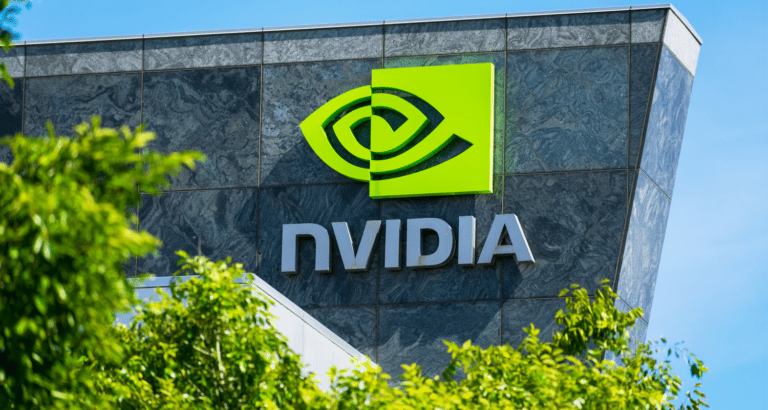Nvidia released QODA, a platform for hybrid quantum-classical computing. The purpose is to make quantum computing more accessible.
The latest release of the QODA platform for quantum computing leaves no doubt about Nvidia’s ambitions as a full-computing stack provider. This week, the organization announced an integrated programming platform to assist developers in developing applications for hybrid quantum-classical computing systems.
Industries
Timothy Costa, director of quantum computing products and HPC at Nvidia, said: “What we see is the industry going from one- or two-qubit systems, most of them in academia, up to today, to systems with 200+ qubits based in the cloud.”
The goal of QODA is to help non-quantum specialized developers reap the benefits of this industry. Mainly, it is focused on the developers belonging to specific domains such as chemistry, finance, drug discovery, and general computing. These industries can take advantage of the combination of hybrid classical and quantum computing.
The platform
According to Nvidia, the QODA platform provides a unified platform for classical computing and quantum development. Nvidia’s Cu Quantum SDK is fundamental to the system. The Cu Quantum SDK helps the developer to create quantum programs on Nvidia GPUs. It combines hybrid and quantum frameworks, including Qiskit, Cirq, and Pennylane.
QODA offers two primary tools to make quantum computing more understandable and handy to conventional developers:
- A kernel-rooted computing software for quantum programming and development with the interface for essential programming languages, including Python and C++
- A composer with the ability to accommodate hybrid classical and quantum computing-related instructions deployed under the same code
The future of Nvidia and quantum
Nvidia’s goal is to get developers focused on applications, instead of concentrating on quantum or classical computing. According to Nvidia, QODA allows developers to leverage quantum as an innovation to improve their existing processes. It’s a long-term practical approach to adopting quantum computing that could be a noticeable change in the sector.
